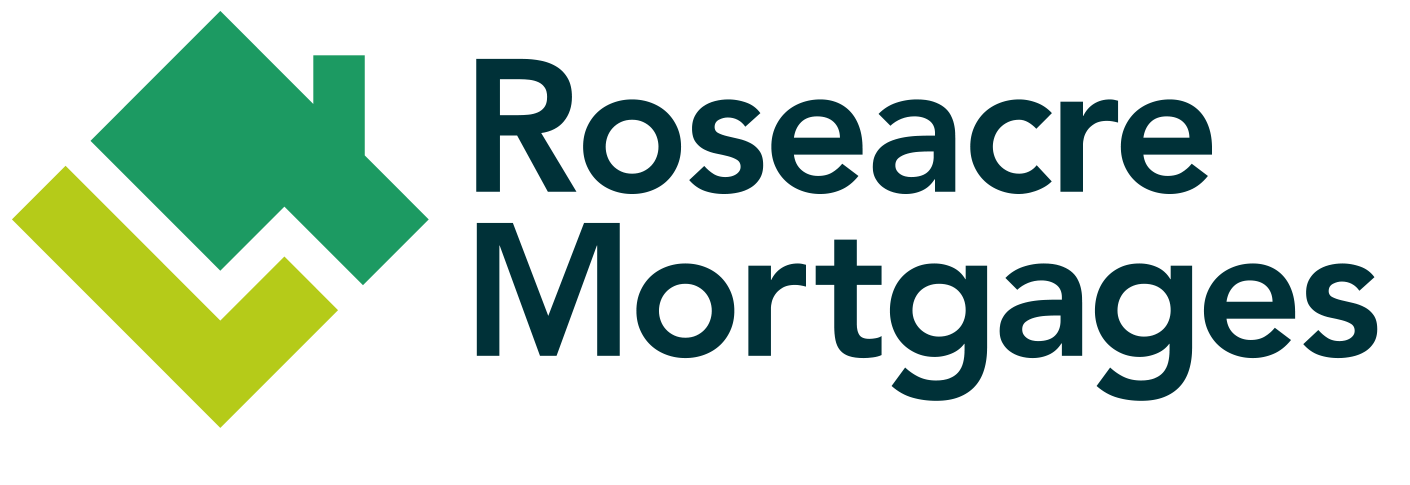As a company director, securing a mortgage can present challenges that employees might not face. Unlike standard salary based mortgage applications, director mortgages can be more complex, especially when income comes primarily from dividends. While this doesn’t make obtaining a mortgage impossible, it does mean that you may need to provide additional documentation to meet the lender’s criteria.
Income under the microscope
The main difference between a director’s income and an employee’s salary is that a director’s income can be less steady. A director's income can fluctuate with the company’s profitability and dividend payments, which can vary significantly from year to year. Mortgage lenders need to evaluate this income, assess its stability, and confirm it is sufficient for potential repayment. Directors must demonstrate to lenders that their income is predictable and that they are committed to long-term mortgage obligations. This often involves a thorough review of the company’s accounts and tax records to assess the income’s stability and trajectory.
Navigating mortgages for company directors
Strong company performance can be a great sign for directors seeking a mortgage. However, lenders may impose stricter financial assessments on directors compared to salaried employees. They need to be assured that the director can sustain mortgage repayments if circumstances change, such as a reduction in dividends. At Roseacre Mortgages, we have the expertise to present a clear financial picture and help directors achieve their mortgage goals.
Key elements for a successful application
Several important aspects need attention when a limited company director prepares for a mortgage application. Firstly, ensure your financial records are well-organised and easily accessible. Having these records signed off by a qualified accountant and maintaining a clear audit trail will boost your credibility. Lenders may enquire about the company’s future plans, and providing a transparent and detailed response can strengthen your application. Be prepared for a longer list of requirements from lenders, which typically include:
- What percentage of the company you own
- Salary and dividends from the past two years (SA302s and tax overviews)
- Filed accounts for the past two years (detailing gross and net profits and trend upwards or downwards)
- Last three months’ business bank statements
The right mortgage broker
Finding the perfect mortgage broker can make a big difference in securing your dream home. Look for an experienced mortgage broker who understands your unique circumstances as a company director and can offer customised mortgage plans tailored to your situation. Consider that factors such as the loan-to-value ratio, the size of the deposit, and the age of the borrower will influence the fees and rates you receive.
Understanding mortgage affordability stress tests for directors
A crucial stage in the mortgage application process is the affordability stress test, which is more complex for directors compared to salaried employees. Lenders may model scenarios where dividends drop by more than 25% to ensure that you can still meet repayments during a cash flow crisis. If all goes well, you’ll be one step closer to securing your loan. At Roseacre Mortgages, we ensure that this process is as short and efficient as possible.
Proactive steps to strengthen your Mortgage application
The key to a successful mortgage application isn't just about finding the right lender. As a director, you can take proactive steps to strengthen your application and secure a competitive rate.
- Minimise your credit card balance
- Be transparent about your borrowing purpose (purchase, remortgage, etc.)
- Be clear about any income dips following reinvesting for growth
- Hire a skilled broker who has experience in working with similar circumstances
To sum things up
Applying for a mortgage as a company director can be complex, but it is possible with the right guidance and support. By ensuring you have comprehensive financial records, demonstrating stable earnings, and clearly outlining your income structure, you are well on your way to a successful mortgage application.
Company director mortgages FAQs
1. Is there a minimum number of years of filed accounts required to prove income?
Most mortgage lenders will request at least two years of financial records along with corresponding tax overviews.
2. What documents do I need to provide?
SA302s and tax overviews and full trading accounts for the last two years. The last three months’ business bank statements will be required to assess that current turnover is at least at the same level as recent accounts filed. Personal bank statements (the last three) may also be asked for.
3. Should I take a larger salary and/or dividends to get a mortgage?
Speak with us before taking this route. There are some lenders that will assess affordability using a combination of salary and net profits from the company. This will be more tax efficient than extracting more income from the company than is needed for personal consumption.
4. What is the typical deposit required for a mortgage?
A deposit of 15% to 20% can lead to a more attractive mortgage rate and overall better mortgage product from lenders. A larger deposit improves affordability calculations and increases your chances of securing a favourable deal.
Successful mortgage applications for directors and self-employed professionals
Being a director or self-employed doesn’t make getting a mortgage impossible; it just requires a few extra steps. Contact us, and we’ll help guide you through the process for a successful mortgage application.









